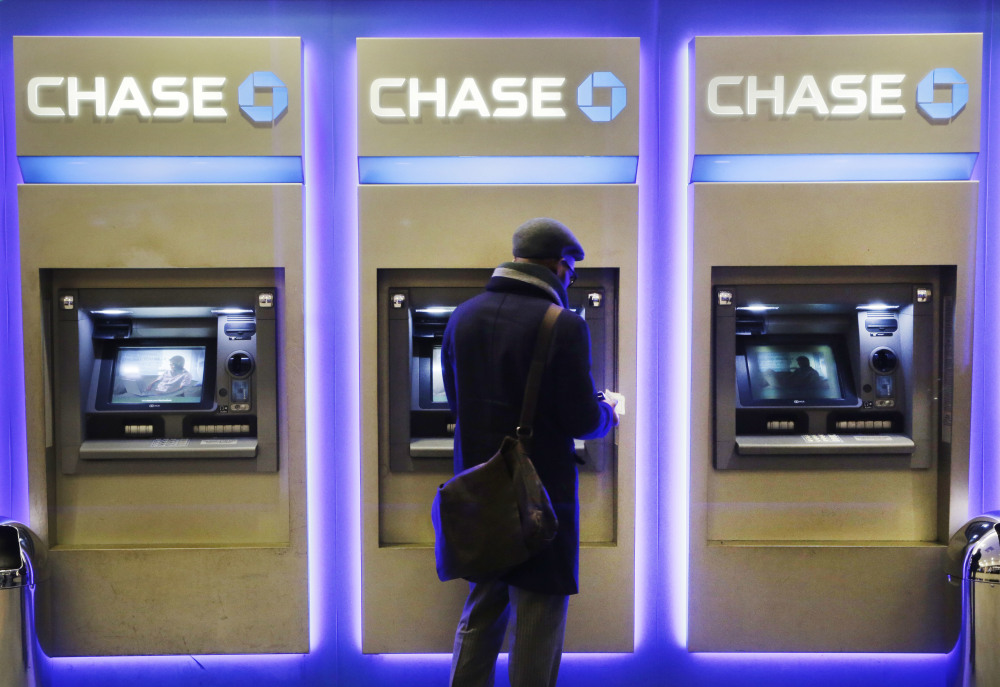NEW YORK — Fewer Americans are without access to a checking or savings account, according to a survey released Thursday by federal regulators, a sign that the improving economy is helping lift the nation’s poorest households.
Having a checking or savings account is considered a cornerstone of financial stability in the U.S. Without one, households must rely on check-cashing services, prepaid debit cards and other costly ways to pay bills and make routine transactions.
While the gains were modest, the results of the survey from the Federal Deposit Insurance Corporation are an encouraging sign that more people are getting access to bank accounts.
The portion of Americans who do not have a bank account, known in industry jargon as “the unbanked,” declined to 7 percent in 2015 from 7.7 percent in 2013, according to the FDIC. The improvements mostly came from households making less than $15,000 a year.
The FDIC report is the most recent piece of data showing that the economic recovery is beginning to help those at the bottom. In September, the Census Bureau said median household income rose 5.2 percent from 2014 to 2015, the first annual increase in that metric since before the Great Recession.
There are several reasons why people would choose not to have a traditional bank account. Some do not trust banks or want to avoid their fees, or they have privacy concerns. There is also a perception among the unbanked, according to the FDIC, that banks do not want to do business with the poor.
But the No. 1 reason why Americans say they do not have a checking or savings account is because they believe they do not have enough money to get an account. The FDIC says roughly 57 percent of all unbanked households cited lack of money as a reason not to have an account, and roughly 38 percent of those same people said that was the main reason.
The FDIC does a survey of the unbanked and underbanked every two years, gathering the data on odd years and releasing the results roughly a year later. The figures released Thursday were gathered in June 2015, so the results do not reflect the ongoing improvements in the U.S. economy since then.
Copy the Story LinkSend questions/comments to the editors.



Success. Please wait for the page to reload. If the page does not reload within 5 seconds, please refresh the page.
Enter your email and password to access comments.
Hi, to comment on stories you must . This profile is in addition to your subscription and website login.
Already have a commenting profile? .
Invalid username/password.
Please check your email to confirm and complete your registration.
Only subscribers are eligible to post comments. Please subscribe or login first for digital access. Here’s why.
Use the form below to reset your password. When you've submitted your account email, we will send an email with a reset code.